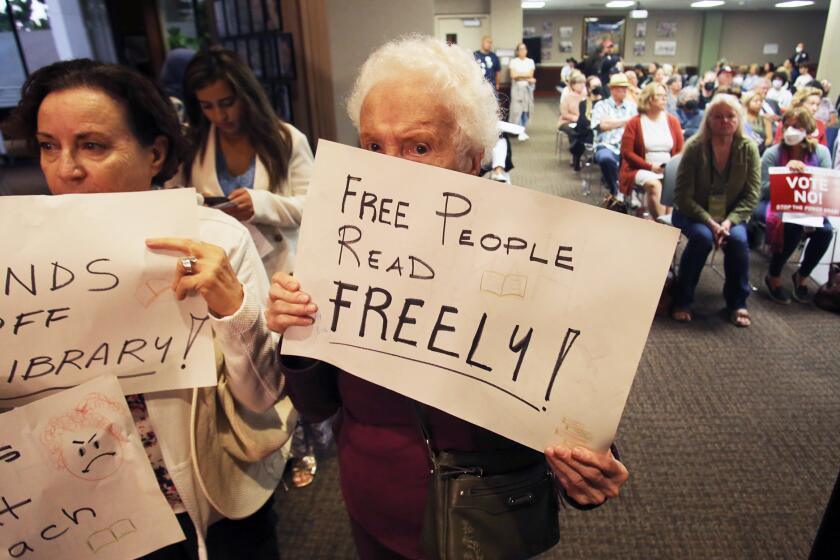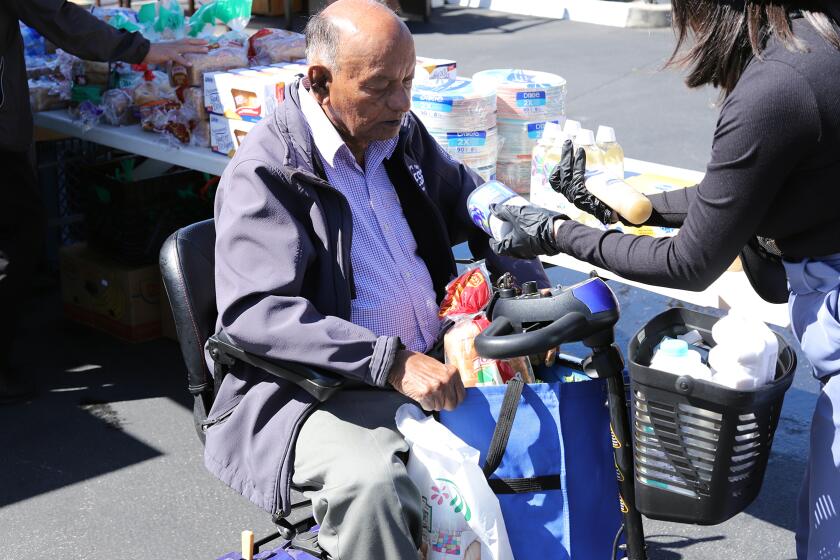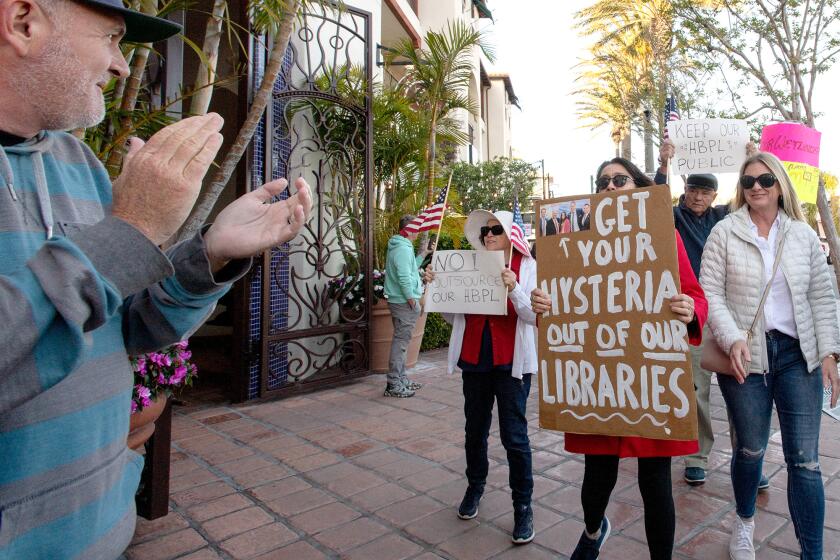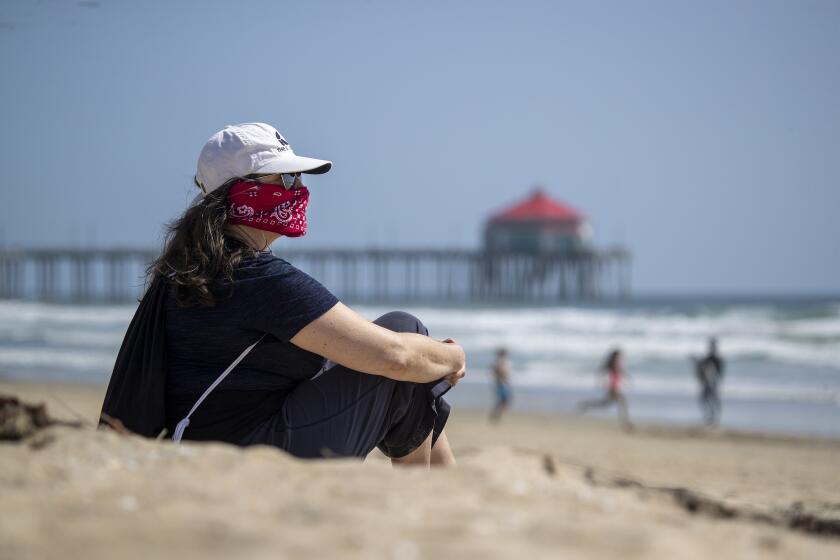City Lights: Miles to go for children’s health
Joel Gillin made headlines four years ago when he and his Edison High School teammates won the state boys’ golf title.
This summer, Gillin plans to get a workout of a different kind.
For the last nine months, the 2007 graduate has been stationed with the Peace Corps in Armenia, serving as an English tutor in the country’s remote villages. Starting June 4, he and 11 other volunteers will walk across the country — six starting at the Georgian border and six from the Iranian border — and make presentations about health to schoolchildren at villages along the way.
As an Edison student, Gillin said, he never did much in the way of volunteering. But he caught the bug in college when he began tutoring English after school, and he’s eagerly awaiting a trip that will challenge his legs as well as his teaching ability.
“I’m definitely excited,” Gillin said. “When I look at the amount of distance we’re covering, I’m a little daunted by the kilometers on there. There are a couple days where we’re basically walking a marathon in heat, not on straight, flat roads, with a backpack on.”
The project, titled Border2Border, is sponsored jointly by the Peace Corps and the Armenian Red Cross Society. According to the project’s website, more than 80% of deaths in Armenia result from non-communicable diseases, with cardiovascular diseases alone accounting for 54%.
As Gillin and his comrades make their 17-day journey, they plan to hand out pamphlets and make presentations about proper nutrition, exercise, and avoiding tobacco and alcohol. Without a car or any other transportation, they’ll carry food, water, sleeping bags and changes of clothes.
In all, it should amount to seven or eight hours of walking a day, and Gillin has prepared by taking long treks, which he said is hard to do during an Armenian winter, which lasts half the year.
In the meantime, Gillin is living the life of a Peace Corps volunteer, staying in a village of 300 people with a single clean water source and electricity varying from one house to the next. It may be hard, especially on days when he has to walk to another town for fresh produce or teaching supplies.
But he finds it stimulating work.
“It can be the first time they’ve seen Americans, so they’re always very fascinated,” Gillin said. “They want to know what you’re doing here. They’re always excited that you can speak Armenian.”
City Editor MICHAEL MILLER can be reached at (714) 966-4617 or at michael.miller@latimes.com.
All the latest on Orange County from Orange County.
Get our free TimesOC newsletter.
You may occasionally receive promotional content from the Daily Pilot.



